The last Sunday of each month, I take a break from my Staying Power column to feature one of our delightful Rafters. This helps us get better acquainted and also be inspired by their story. If you might like to be the focus of a Rafter Snap, click here! (Don’t be shy!)
This month, I’m happy to introduce Peter Thambidurai from Princeton, New Jersey (USA). A practicing Buddhist (mixed lineages), he’s a graduate of Princeton Theological Seminary but works as a legal specialist for the New Jersey Department of Corrections.
Are you a maker, an arts enthusiast, or both?
An avid arts enthusiast.
What area of the arts are you most interested in?
Literature. And definitely music. And there are some things that are not traditionally considered art—like meditation, for instance. I am very much into that. A lot of people may not consider that art, and I would agree with them on many levels. But, in some sense, it is an art.
Who was one of the first creative people who inspired you?
I would say my seventh-grade teacher. She was just phenomenal in terms of bringing out my imagination, and she created in me the love of language. I've always appreciated her role in that.
Why are the arts important to you?
Any art is a creative endeavor. And anything that we create is important.
In many ways, art is reflective of the ethos of the times, and that is also important. There’s a lot of art, especially in maybe the last decade or two, that has crystallized around expressions of justice or injustice. That brings to light that there's room for creativity and room for us to make contributions to society in various ways.
What's your most important creative skill?
I would have to say writing, even though I would qualify that by saying that most of my writing is very, very structured. It’s really not very conducive to artistic or creative ways of thinking or expression. It's very dry, and it's my professional hazard. That's the way we're trained to think and to write.
Going all the way back to seventh grade, I can remember when imagination was so central to my writing. Even as recently as maybe 20 years ago, my writing wasn't structured by, you know, “Are we saying it in the fewest words possible? Are we saying only things that are directly relevant or material?” You know, all those sorts of things that limit writing and also thinking.
What's been one of your greatest creative challenges?
Art drawing. I’ve always believed that I am just incapable of drawing. This wasn't true when I was in the early years of my schooling. But in later years, it somehow became very ingrained in me.
But then, if we look at that, really, it's my thinking that's the primary limiting factor. For instance, I would love to be able to draw political cartoons. There was a time when I would devour political cartoons. I really believed that I could express myself well [that way], if I could only draw. But the few attempts that I made, including joining a class on cartoon drawing, were a complete failure.
What's been one of your greatest rewards from the creative choices that you've made?
My love of music, for one thing—that has never left me.
I've always wanted to play the guitar. When I was young, I used to play the guitar, I used to play the piano, I used to play the violin. But all of that fell by the wayside in my very late teens or early twenties.
At a retreat in April, I made a decision that I was going to start practicing again. Even before that retreat, probably last September or October, I said, “I should try playing the drums.” Because when I was a child, I felt like I had so much rhythmic expression in me. Wherever I was, whatever I was doing, I would be tapping, keeping time with a song that was playing (even if it was only in my head).
Unfortunately, my dad never liked that. He would constantly tell me to stop it. Stop it. Stop it.
I remember, later in life, thinking that if my son or daughter had been like that, I would have bought them a drum set. And I would tell myself (I’m kidding), “If only my dad had done that [for me], I could have been Keith Moon.” [Editorial note: Keith Moon was the drummer for the rock band “The Who.”]
I did actually buy a drum set last October, and I have it upstairs. I try to practice every day.
Would you say that meditation is a tool that helps you creatively?
Yes, absolutely. There are several classes that I'm taking that work on meditation and related skills—like creative writing, and remembering things that happened during your childhood, and other things that are connected with my Buddhist path. I think they foster a sense of wholeness and try to restore parts of me that have long been dormant.
(During a year-long retreat titled “Spiritual Autobiography: Writing to Liberate,” taught by Lama Liz Monson of the Natural Dharma Fellowship, Peter was asked to write on anything that he considered creative that he might have lost. Read his reflections here.)
What's something that you want to learn from a community of your peers?
How to express one's art, even when it seems so difficult because of one's ingrained beliefs. I see so many people [on the Raft] with so many varied skills. I'm trying!
Thank you so much, Peter, for letting us feature you in a Rafter Snap!
Hey, Rafters, do you feel a little like Peter, who is awakening some dormant creative impulses and skills?
TELL US IN THE COMMENTS BELOW. 👇



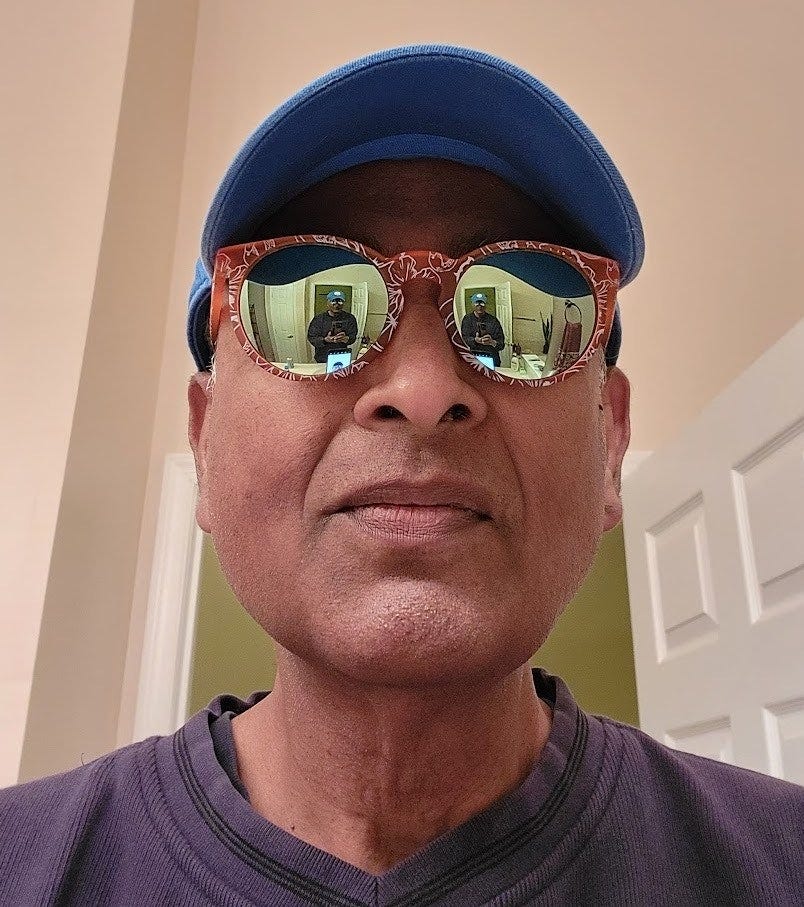
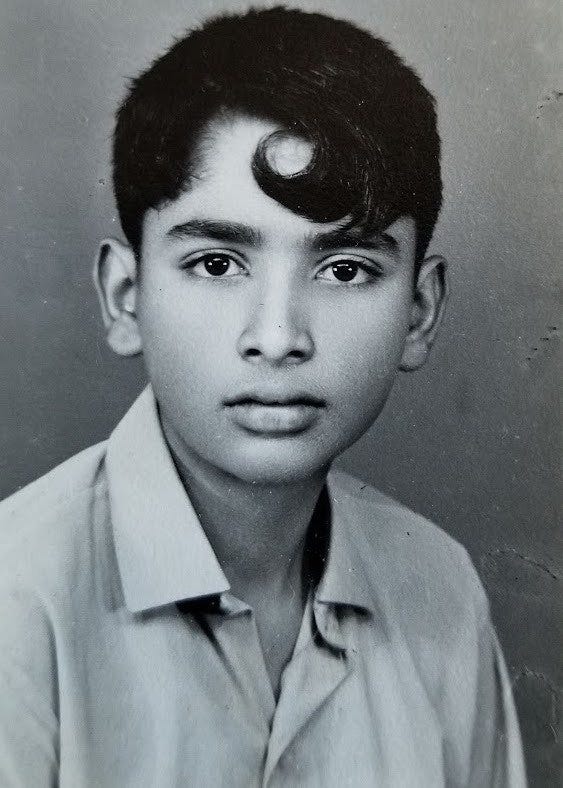
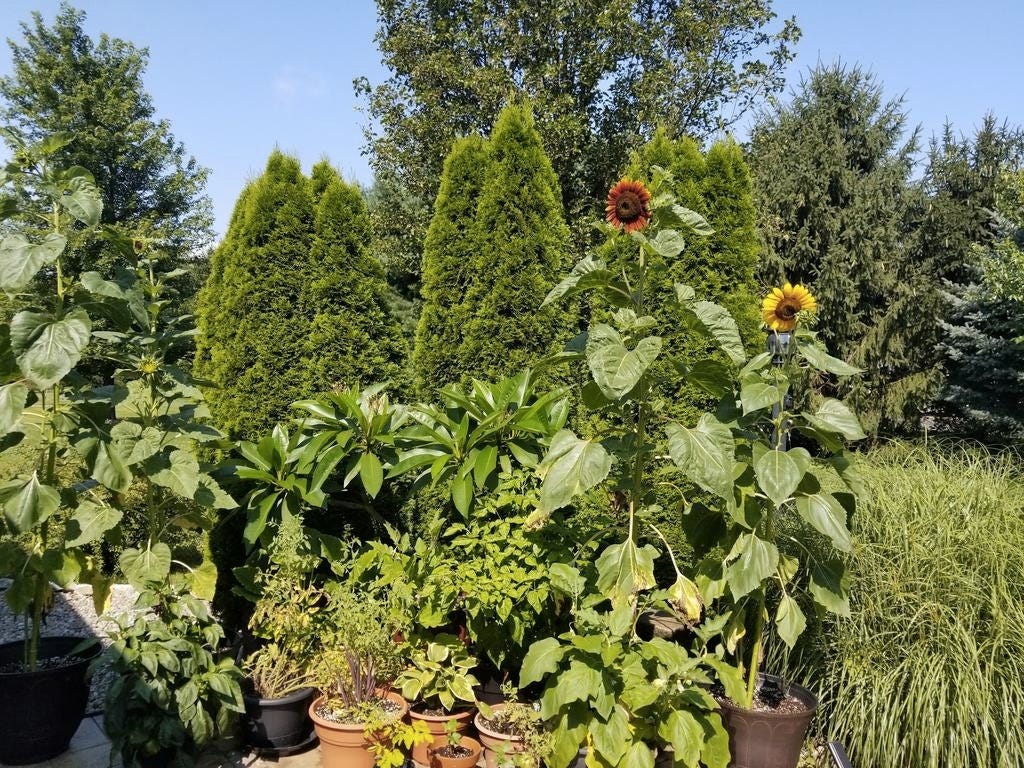
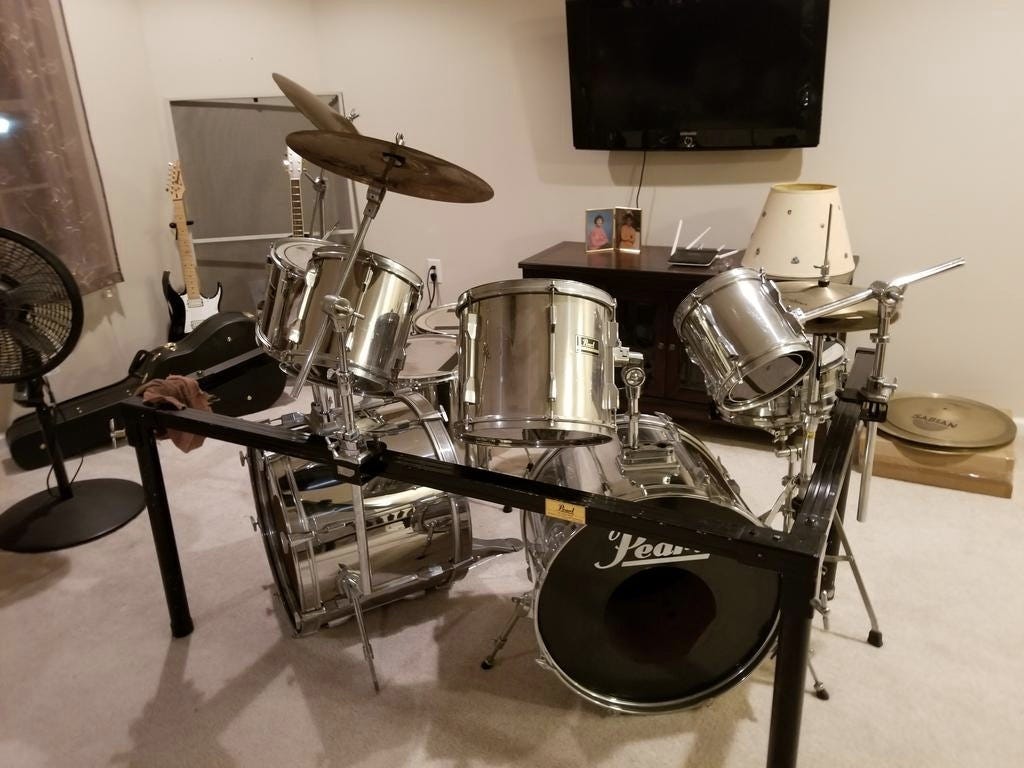
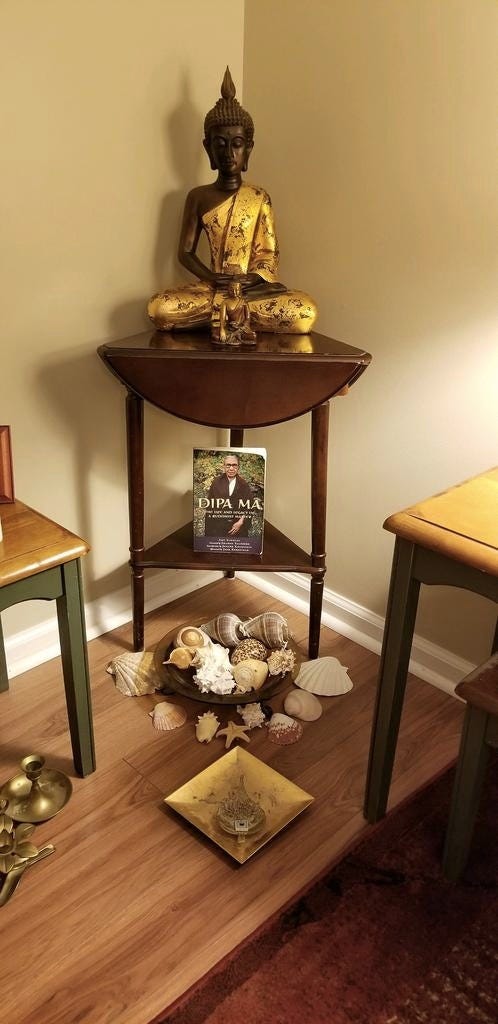
Loved the interview. Very interesting perspective on life and how to live it in gratitude